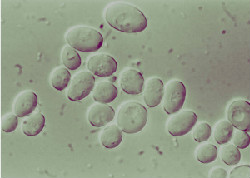
Cancer research is now going beyond the genetic aspect to explore how the disease interacts with the body’s systems. Recent studies of the relationship between cancer and fat cells may have implications concerning immunotherapy for cancer.
Feeding the Growth of Cancer Cells
While the precise causes are not yet known, obesity has been identified as a risk factor for prostate cancer, which is the second leading cause of cancer-related deaths in men. As a result, research into the link between cancer and fat cells has focused on this form of the disease.
Previous tests involved mice who were fed a high-fat diet. In contrast, researchers at Sanford Prebys Medical Discovery Institute in San Diego conducted a study using mice who lacked a protein called p62, causing them to become obese on a normal diet.
According to co-author Dr. Jorge Moscat, this control was necessary to get a clear understanding of the communication pathways between cancer and fat cells. The team discovered that p62 suppresses another protein known as mTORC1, which in turn inhibits energy use by fat cells.
Can Cancer Cells Be “Starved” to Death?
With metabolism halted in fat cells, nutrients are then available to fuel development of tumor cells. Lack of p62 also triggers production of proteins found at high levels in particularly aggressive forms of prostate cancer.
As explained by Dr. Moscat, these findings can help identify specific substances to be targeted by immunotherapy for cancer treatments with the goal of “starving” cancer cells.
State-of-the-Art Immunotherapy for Cancer at Issels®
Contact Issels® for information about our non-toxic, personally developed immunotherapy programs to treat advanced and therapy-resistant cancers.





